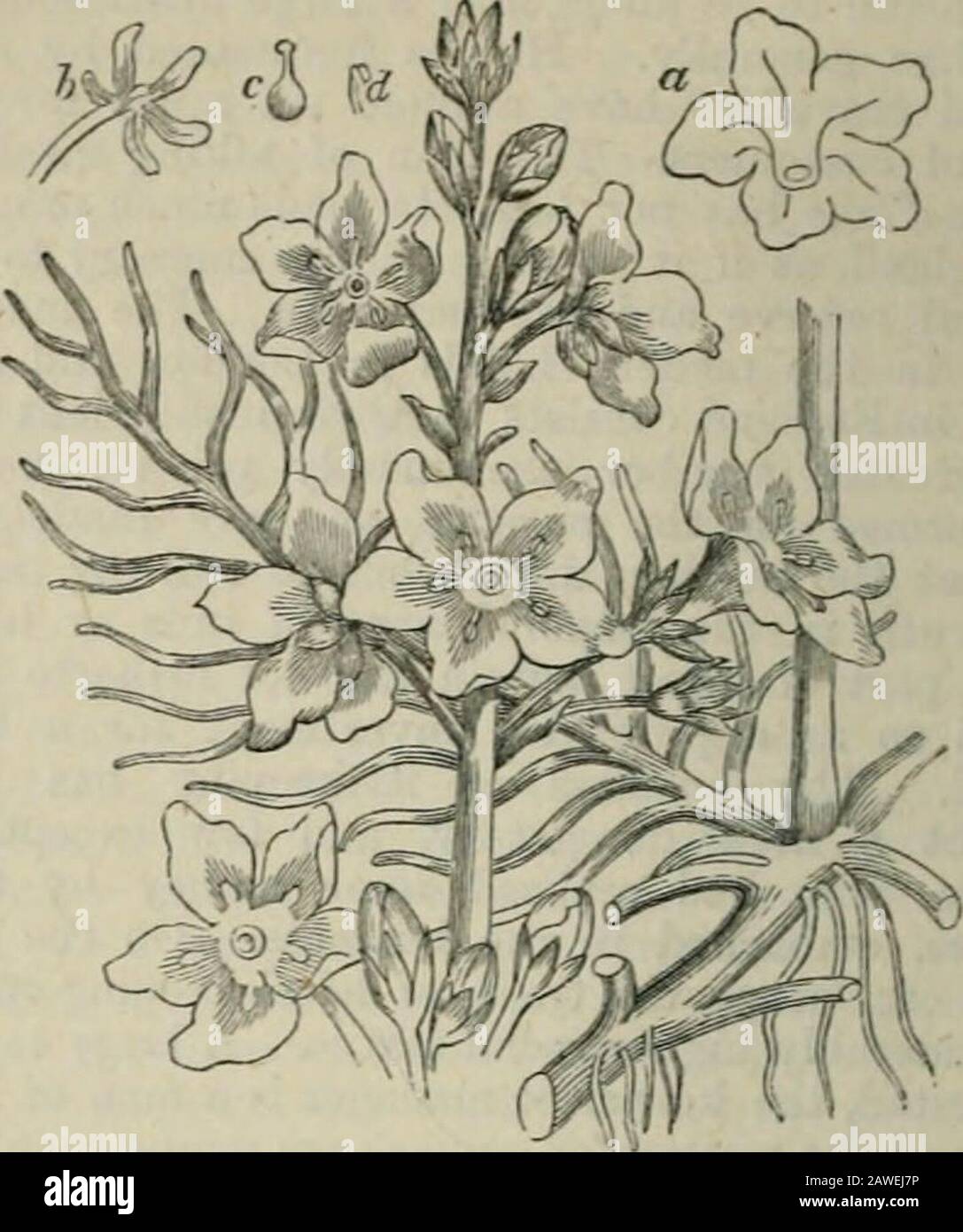Chambers's encyclopædia; a dictionary of universal knowledge . ere then much more numerous than atpresent, but upon becoming addicted to rum andbrandy, their numbers diminished gradually. ISIanyof the tribes parted with their flocks and herds toprocure the fire-water, and eventually they becamethe absolute slaves of the Dutch settlers or Boers.From this condition they have been delivered bythe enlightened and himiane policy of the Britishgovernment; and as free labourers they makeexceUeut herdsmen and drovers. Their number atpresent is thought to amount to about fifteen, orfrom that to twenty

Image details
Contributor:
The Reading Room / Alamy Stock PhotoImage ID:
2AWEJ7PFile size:
7.1 MB (268.9 KB Compressed download)Releases:
Model - no | Property - noDo I need a release?Dimensions:
1446 x 1728 px | 24.5 x 29.3 cm | 9.6 x 11.5 inches | 150dpiMore information:
This image is a public domain image, which means either that copyright has expired in the image or the copyright holder has waived their copyright. Alamy charges you a fee for access to the high resolution copy of the image.
This image could have imperfections as it’s either historical or reportage.
Chambers's encyclopædia; a dictionary of universal knowledge . ere then much more numerous than atpresent, but upon becoming addicted to rum andbrandy, their numbers diminished gradually. ISIanyof the tribes parted with their flocks and herds toprocure the fire-water, and eventually they becamethe absolute slaves of the Dutch settlers or Boers.From this condition they have been delivered bythe enlightened and himiane policy of the Britishgovernment; and as free labourers they makeexceUeut herdsmen and drovers. Their number atpresent is thought to amount to about fifteen, orfrom that to twenty thousand, not including thosewho in aU probability may be found dwelling morein the interior. Of the Bushmen, no numerical esti-mate has been formed. They are widely scatteredthroughout the English settlements, but their num-bers must be very small, while their -WTetched and 4SR t degraded habits are such that it, is thought theywill soon become utterly extinct. HOTTONIA, a genus of plants of the naturalorder Prinndacece, of which one siiecies, U. palustris.. 1^ ^P/ Water Violet [Hottonia palustris):a, corolla ; 6, calyx ; c, pistil; d, stamen. Water Violet or Featherfoil, is among the mostbeautifid of British aquatic plants. It is not foundin Scotland- Its leaves are aU submerged, crowded, and much divided ; the large, beautifid, pale jjuqile, whorled flowers alone rise above water on a longcylindrical stalk. Other species of H. are found inthe East. HOUAmOS are small coasting-vessels andpleasure-boats used iu paints of the Mediterranean.They, bear lateen sails, and have each two mastsand a bowspiit. HOUND (Ger. Hund), a name commonly givento those kinds of dog which are used in hunting, but more especially, at least by systematic Avriterson dogs, to those which hunt by scent rather thanby sight. When this definition is adopted, grey-hounds are not regarded as true hounds. Examjilesof true hounds are found in the Eloodliound, the